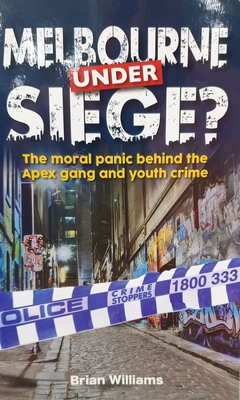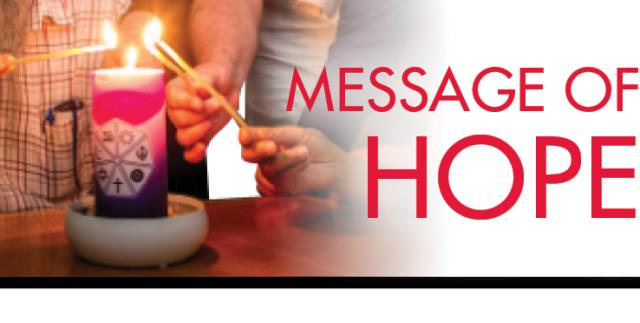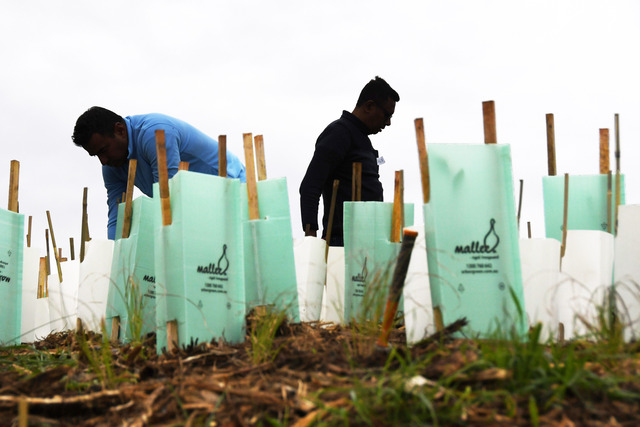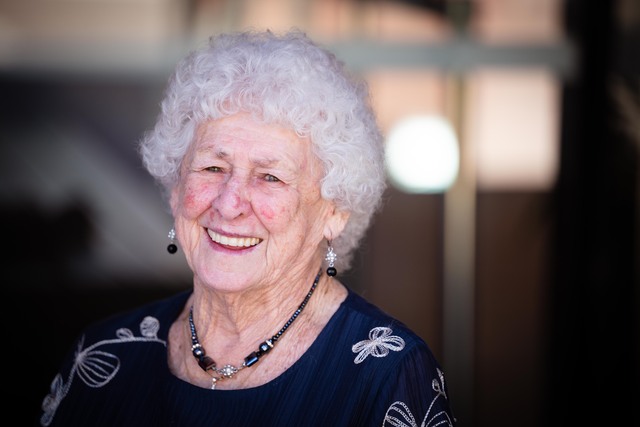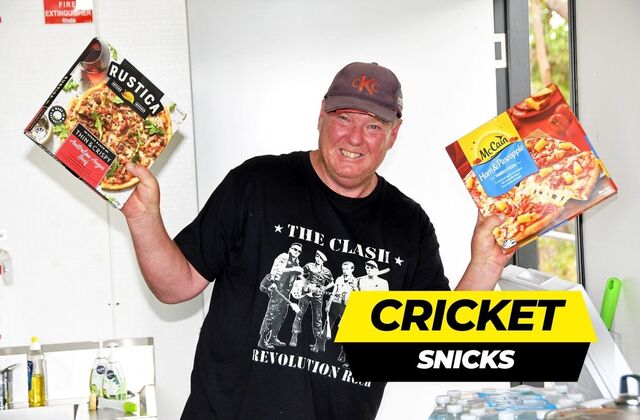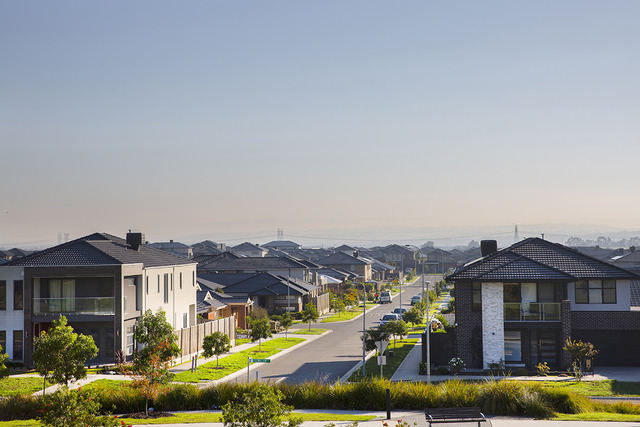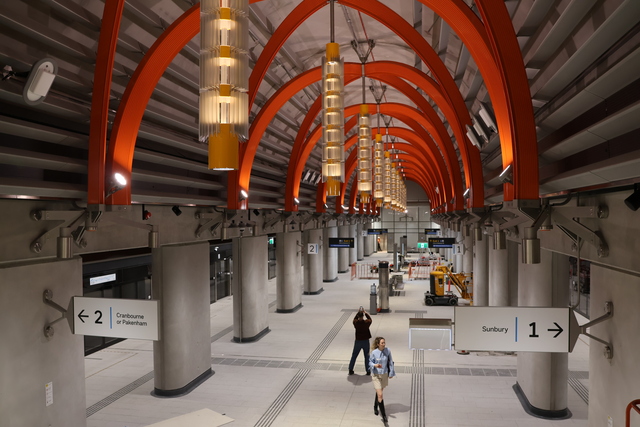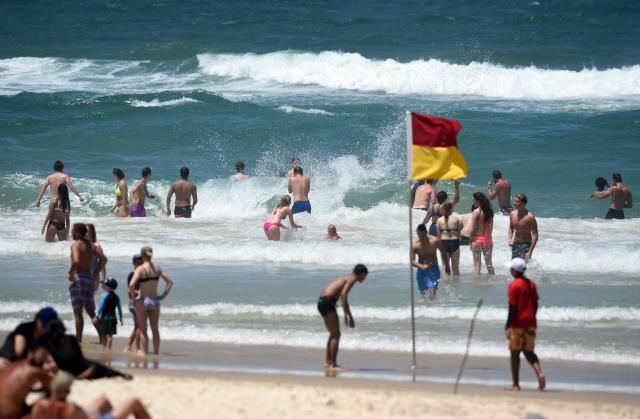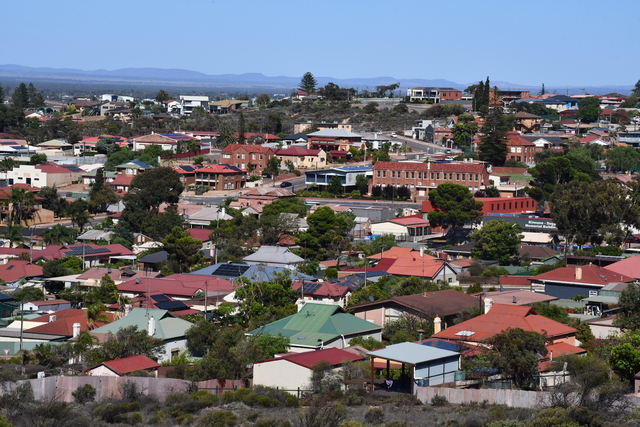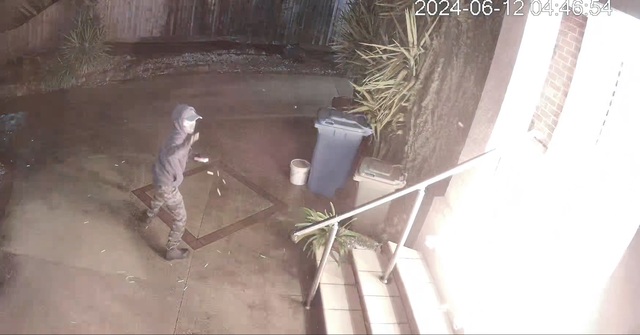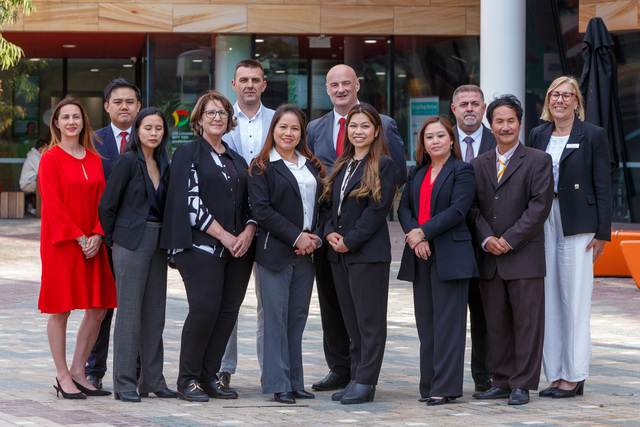It was not so long ago that ‘The Apex Gang’ loomed large.
The terrifying spates of car-jacking, home invasions and smash-and-grab burglaries, the Moomba festival riots all seemed to point to a group that started with two teenage brothers in Apex Street in Dandenong in 2012.
Author and lawyer Dr Brian Williams examines the group and the public reaction in his book Melbourne Under Siege? The Moral Panic behind the Apex Gang and Youth Crime.
The group wasn’t so much a typical organised gang. If a ‘gang’ existed, it was a “small cohort of offenders” – a Facebook network that peaked at possibly 200 members, Dr Williams argues.
They didn’t terrorise their neighbours but travelled to richer suburbs, kicking down doors, grabbing the keys to cars and leaving a trail of traumatised victims. Their violence induced a “moral panic”.
The South-Sudanese community was identified with the crimes, even though the group’s offenders were a mix of backgrounds.
As the reports mounted, ‘Apex’ became a “shorthand way to symbolise ‘African youth crime’, without the need to actually say it”, Dr Williams wrote.
As a disturbing consequence, the “vast, vast majority” of law-abiding South Sudanese Australians became targets.
They copped abuse in the streets, were suspected of thieving when shopping, and were shunned from getting work or rental homes.
Kids from the community were scared to go to school, Dr Williams writes.
There’s a long history of youth ‘gangs’ in Australia, such as the postcode groups like Dandneong’s 3175 gang and the Sharpies, he says.
Youth crime is often linked to young people not seeing a positive way forward. Initiatives such as sports teams help.
“Youth crime has been going as long as we have had youths. It is possible to turn these kids around but there’s no simplistic answer to this.”
In the media, some denied Apex Gang existed while others relentlessly talked it up as a threat.
Dr Williams says there were “elements of truth on both sides”, adding that crime statistics could be often interpreted either way.
“I don’t think you can blame the media a great deal. They can only report on the crime as it happens.
“The better way to stop the reports is to stop the crimes in the first place.”
Though the Apex Gang is “defunct”, still there’s derogatory online commentary on ‘African gangs’.
“We can draw a little parallel with the tragedy in Christchurch. It shows the difference between free speech and hate speech – these things can lead to terrible situations.
“Let’s hope it’s a turning point.
“Perhaps on social media, people haven’t given enough consideration as to what hate speech is and how it impacts on people just going about their everyday lives.”

